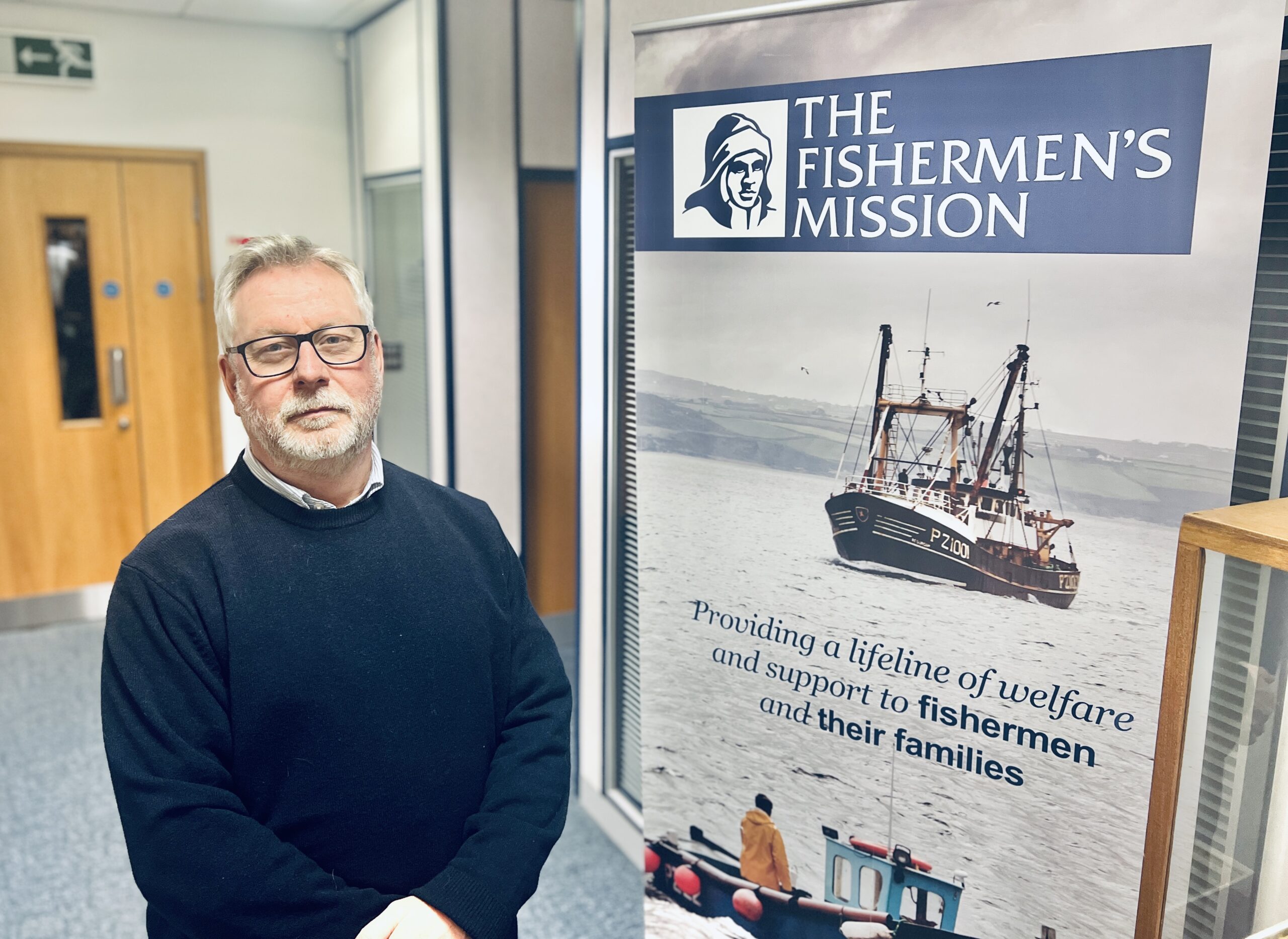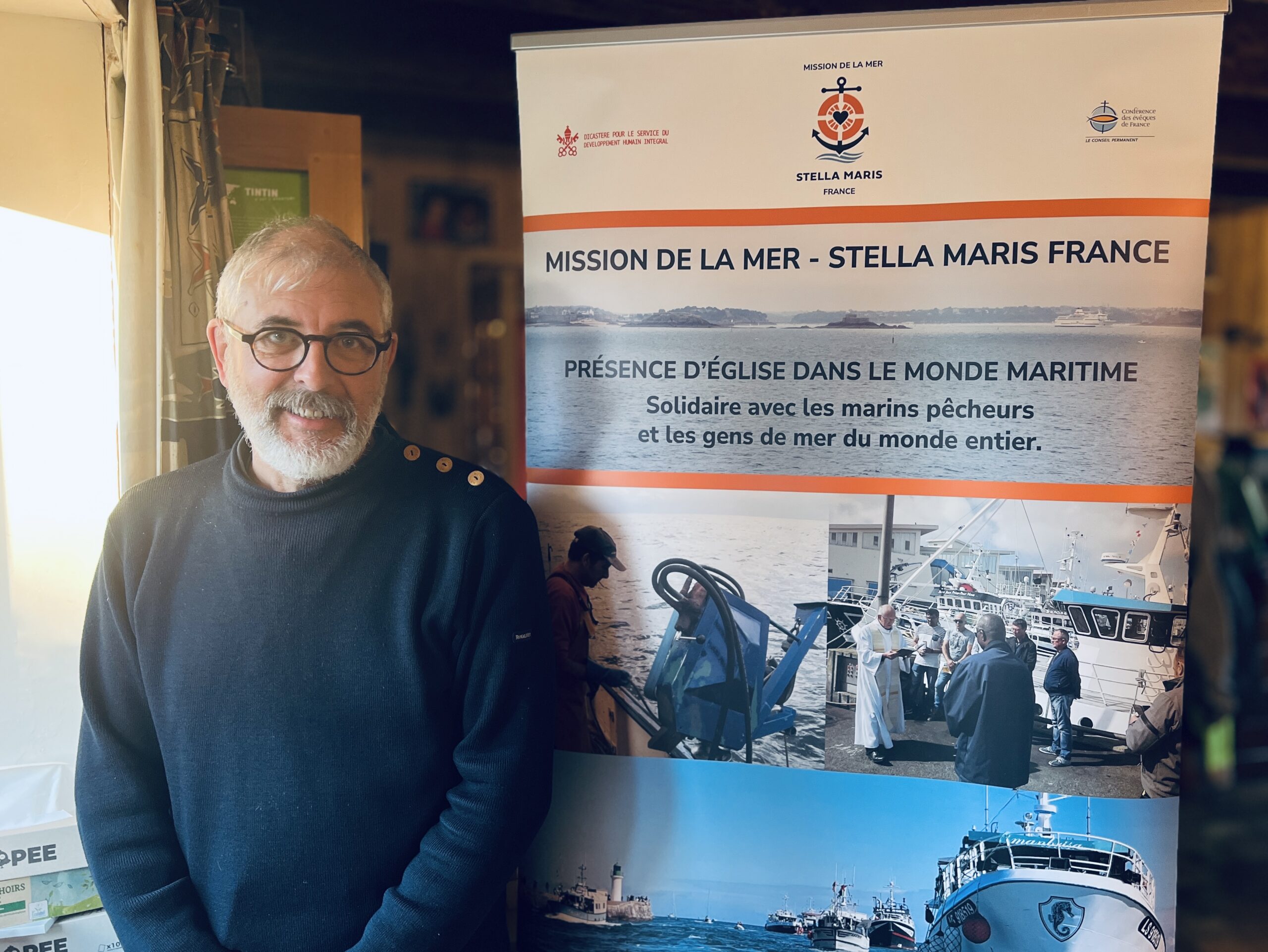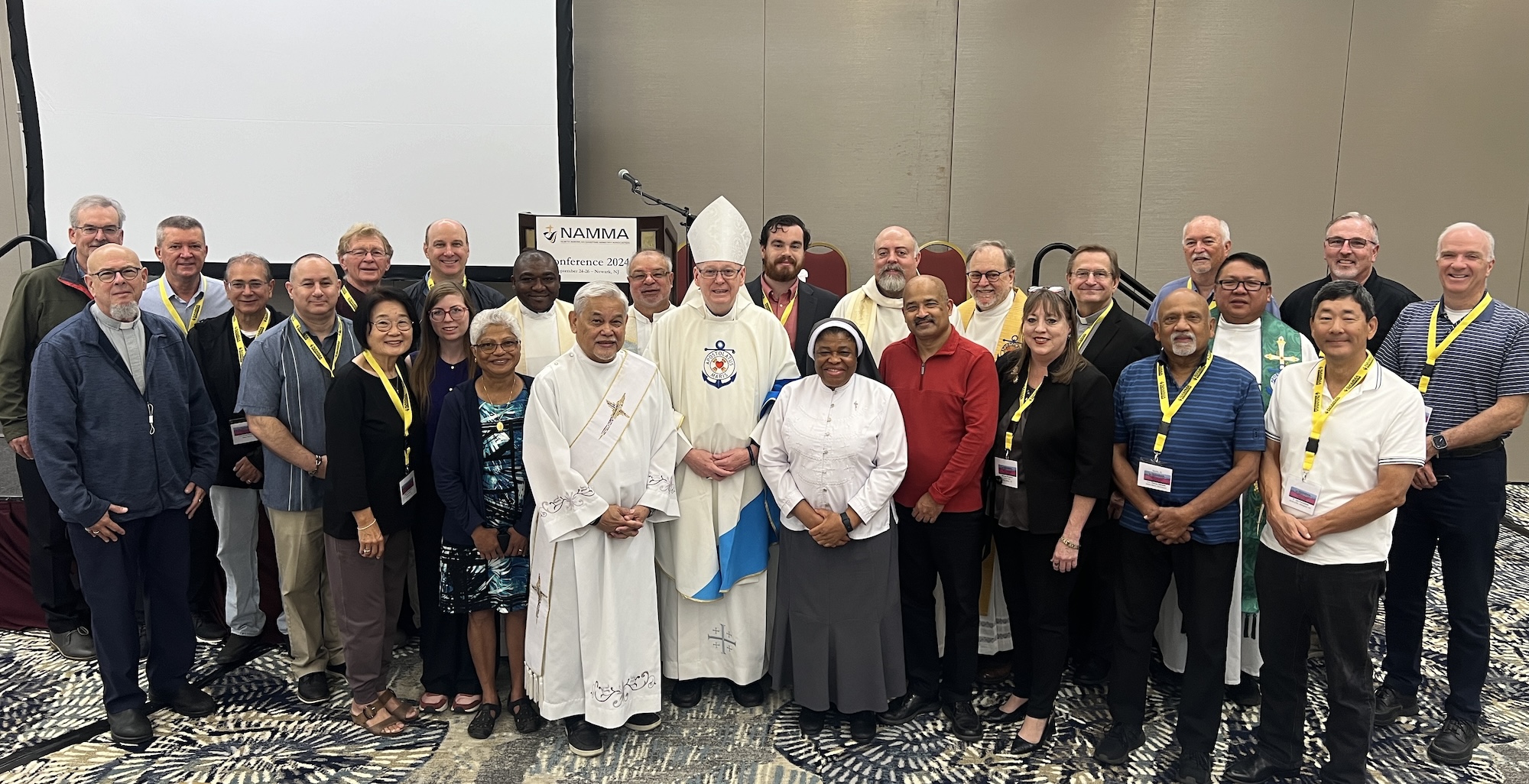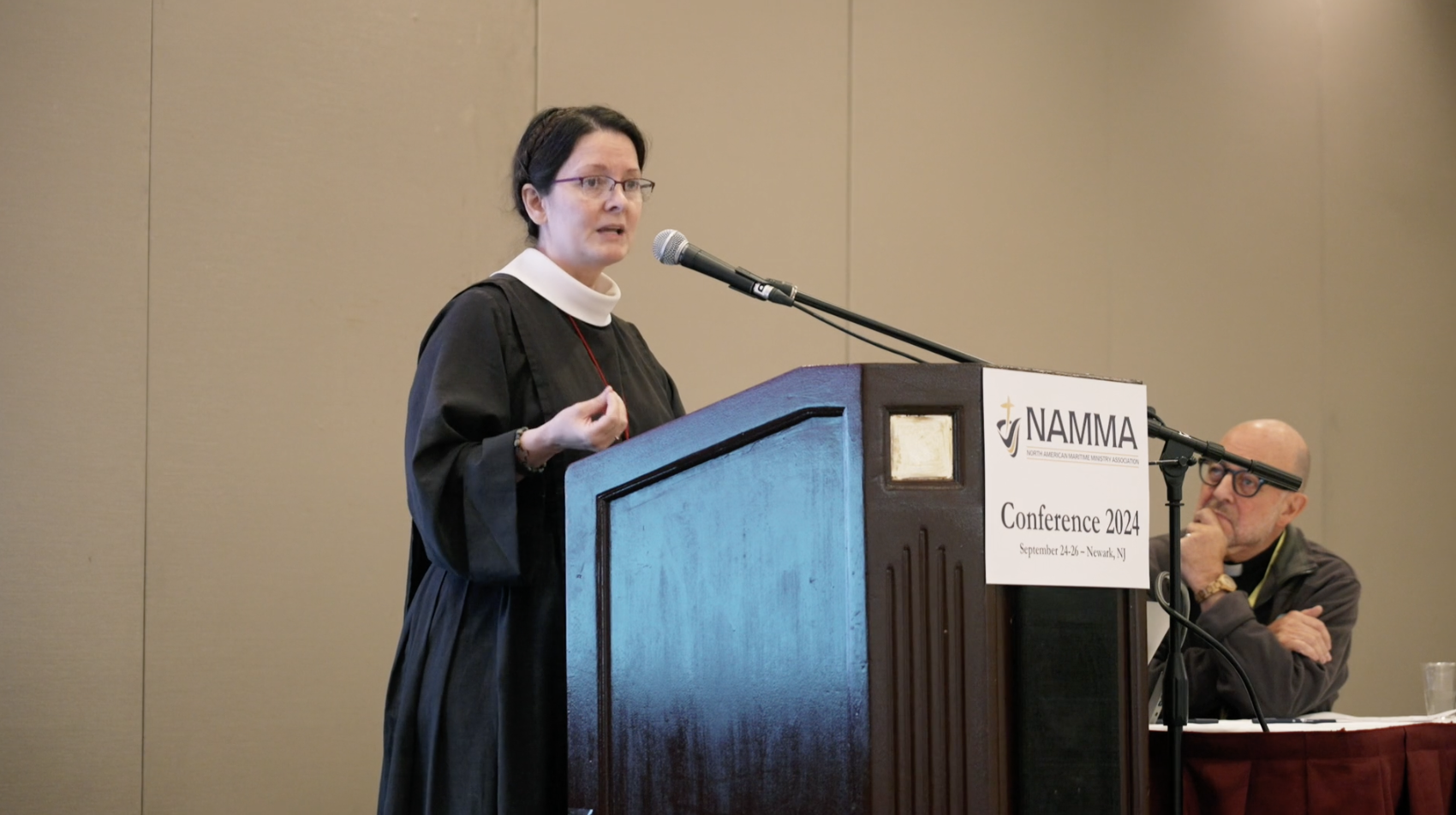Dr. Jason Zuidema of the International Christian Maritime Association recently interviewed Marc Evans, the Chief Executive of The Fishermen’s Mission since March 2022, to discuss the organization’s enduring legacy and the critical support it provides to fishing communities across the British Isles.
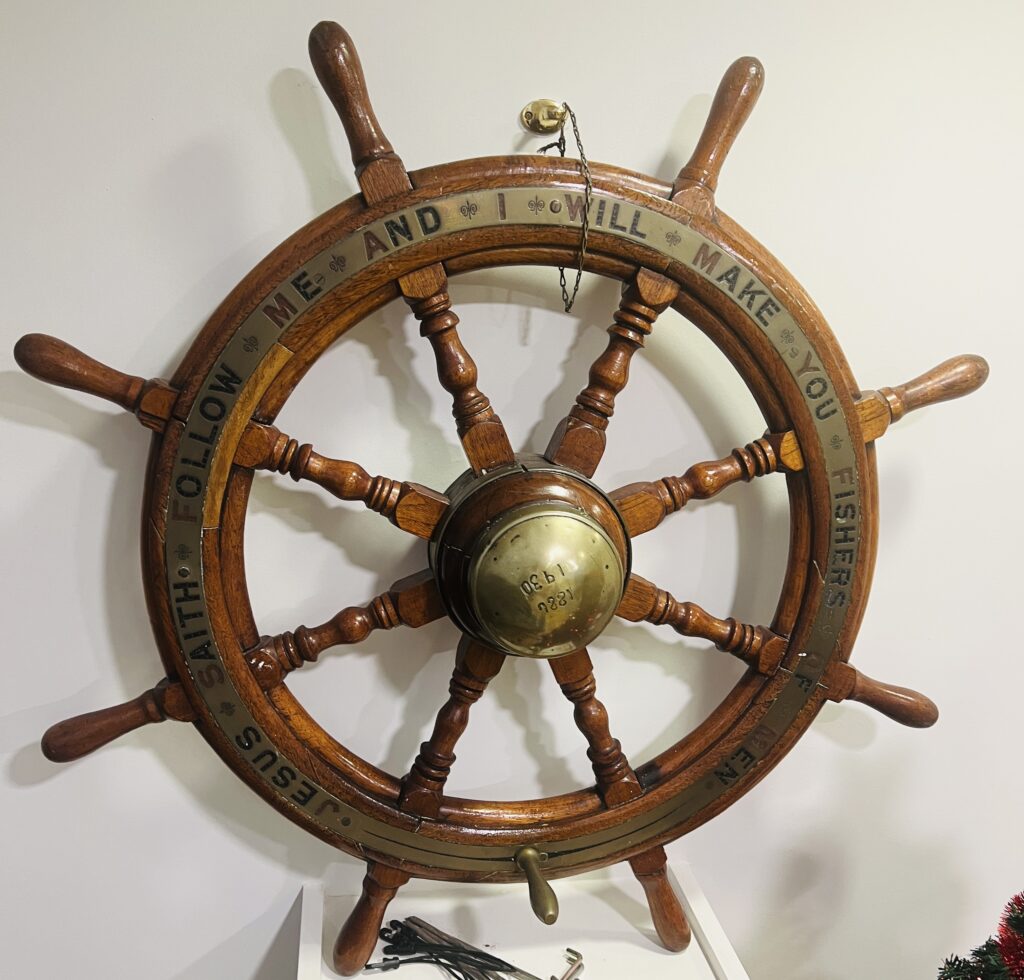
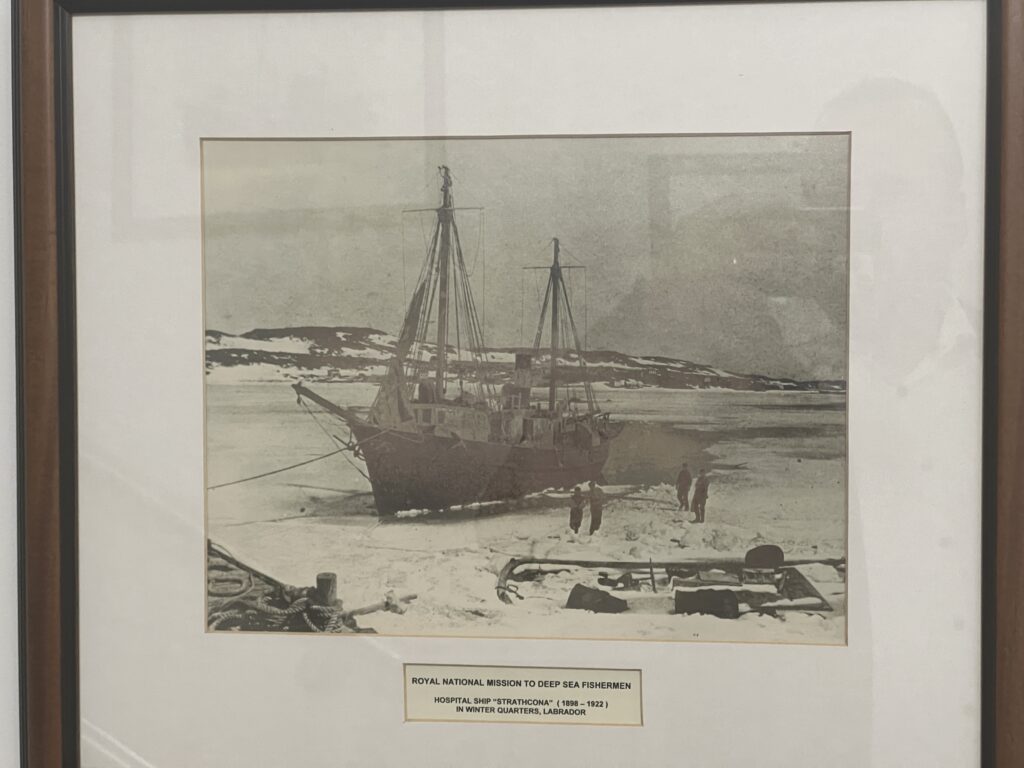
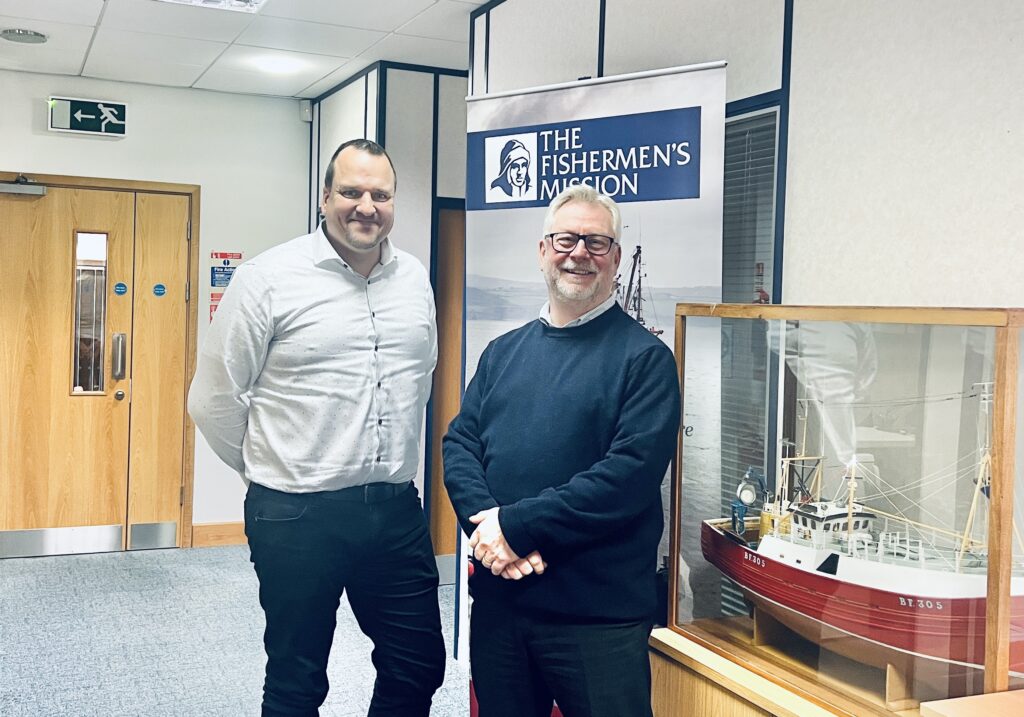
When asked to explain what the Fishermen’s Mission is, Marc Evans began by sharing its remarkable history. “So the Fishermen’s Mission is an ecumenical Christian charity that was founded in 1881 when our founder, Ebenezer Mather, witnessed 189 fishermen perishing in the waters close to safety off the coast of Eyemouth in Southeast Scotland,” Marc explained. “He very quickly founded the National Mission to Deep Sea Fishermen and then started bringing together hospital ships to provide healthcare and medical support to beleaguered communities around the coastline at the time, using the mantra of ‘Preach the Word and heal the sick.’” More than a century later, the Mission continues to operate under that guiding principle, with a staff of about 70 people providing a range of services across England, Ireland, Scotland, and Wales. “I call it the ‘Fish Mission Menu,’ which includes pastoral and spiritual support, financial assistance, emergency aid, and much more,” Marc said. He added that the Mission has increasingly focused on healthcare, bringing services directly to the quayside. “We’ve almost returned to our roots, offering healthy lifestyle advice, physical health and well-being support, dental checkups, and even mental health conversations,” he said. The Mission’s reach extends not only to active and retired fishermen but also to their families. “Anyone who has fished professionally for even one day of their life is eligible,” Marc said. “And we extend that support to partners and dependents. From the moment they become eligible to the moment they pass on, we’re here for them.”
When asked why fishermen, in particular, need a mission, Marc highlighted the unique challenges they face. “If you start historically, it dates back to the fact that they formed very tight-knit communities,” Marc explained. “A fishing village existed solely to support the industry, much like mining or farming towns.” Over time, however, services in these coastal areas—healthcare, banking, and postal services—have increasingly centralized, moving further away. The nature of fishing itself compounds the issue. “They don’t work 9-to-5. They’re out early, back late, and often work weekends,” Marc said. “We bridge that gap, sometimes by acting as intermediaries with service providers or even by physically bringing those services to the quayside.” Accessibility, he emphasized, is at the heart of the Mission’s work. “It’s all about breaking down barriers to what everybody else takes for granted, but they don’t and can’t.”
Describing a typical day for a Mission staff member, Marc acknowledged that no two days are ever the same. “A typical day is probably very untypical,” he said with a smile. “One day, it could involve chatting with fishermen on the quayside who are checking nets, and making sure they know we’re there if they need us. Another day, we might be hosting an event for fishermen and their families.” Emergencies at sea can call staff into action at a moment’s notice. “We might learn that a fishing vessel has gotten into difficulty and fishermen have been brought back to the quayside,” Marc said. “We’re there to escort them to a medical center or help however we can.” Despite the unpredictability, the Mission’s work is always guided by the needs of the individuals they serve. “At the end of the day, our work is about responding to people,” Marc said. “You can plan a week out, but that plan will never survive the first fisherman who knocks on the door and says, ‘Can you help me today?’”
Marc also spoke about the ecumenical and Christian foundation of the Fishermen’s Mission, which he described as fundamental to its identity. “Historically, there’s always been a strong connection between seafarers and the church,” he explained. “As a predominantly Christian nation, we align with various denominations—Baptists, Methodists, Presbyterians, Anglicans—all of whom have a presence in different ports.” The ecumenical nature of the Mission allows it to serve a broad community while drawing on shared values. “We find the golden thread that runs through all of these beliefs and knit it into an organization that’s built on something much deeper than boardroom values,” Marc said. He emphasized that the Mission takes its gospel-inspired mandate seriously. “We go back to that phrase of ‘Preach the Word and heal the sick.’ The two go hand in hand.”
Reflecting on his leadership of the Mission, Marc shared the guiding principle that shapes his approach: “Christianity with sleeves rolled up.” He explained, “As Chief Executive, I must ensure there’s a structure flowing all the way down to the grassroots but never be so far removed that I lose touch with what any member of my staff is doing.” Consistency across the UK is also key, with Marc highlighting the importance of avoiding a “postcode lottery.” “Whether you’re in Scotland, Wales, or anywhere else, the services we provide should be the same,” he said. “What changes is the individual who walks through the door.” At its core, the Fishermen’s Mission exists to serve others. “We’re not a self-serving organization,” Marc said. “We’re here to serve the people who come to us for assistance. That’s what makes the Mission what it is.”
The Fishermen’s Mission continues to honor its 143-year legacy, providing indispensable support to one of the world’s most challenging and overlooked professions. As Marc concluded, “At the end of the day, we’re here to serve.”

